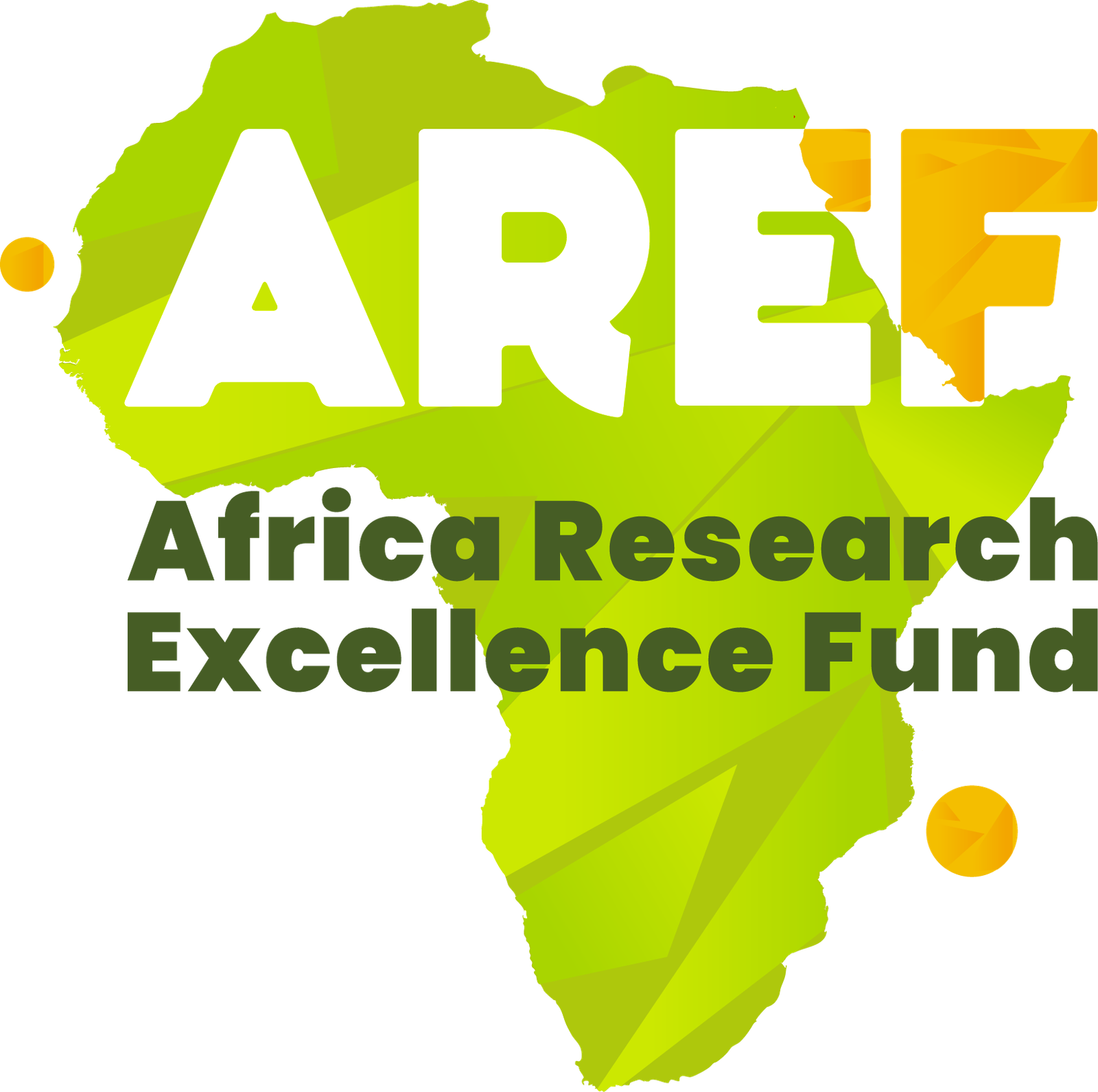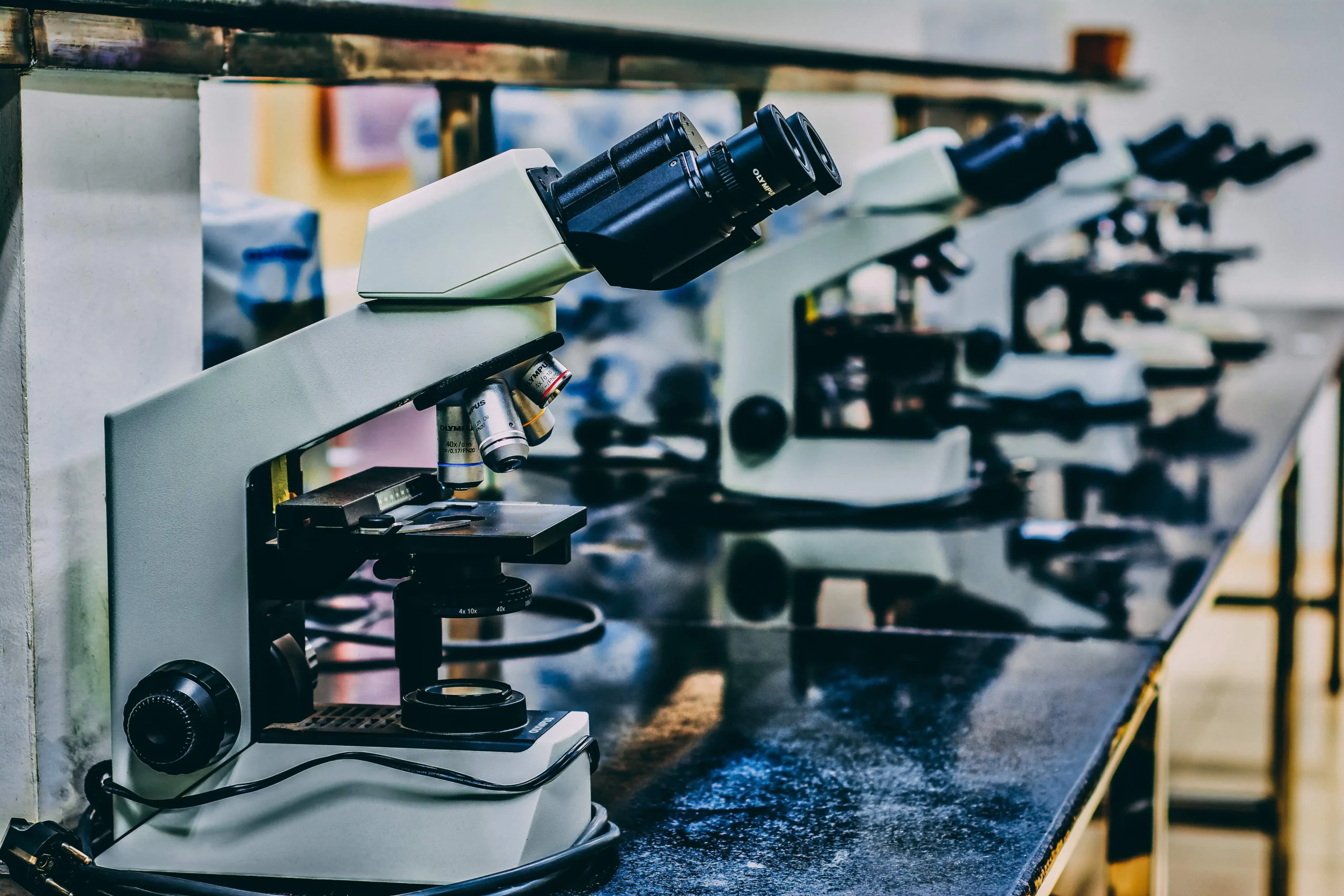Employing institution: Jaramogi Oginga Odinga University of Science and Technology, Kenya
Host institution: Institut de Recherche en Sciences de la Sante’, Burkina Faso
Project title: Understanding the melanization response in Anopheles mosquitoes and how they impact infectivity and malaria transmission in natural settings.
Dr Awandu holds a PhD in Biochemistry (University of Pretoria, South Africa), and completed postdoctoral training at Radboud University Medical Centre, Nijmegen, The Netherlands with Teun Bousema. Currently, he lectures in the Department of Biomedical Sciences at Jaramogi Oginga Odinga University of Science and Technology, Kenya.
His research focusses on malaria transmission and the nexus of parasites, vectors and humans. More recently, he has developed an interest in the molecular epidemiology of infectious diseases including coronaviruses and non-communicable diseases.
AREF Fellowship:
The remarkable progress in malaria control globally has stalled threatening to erode the gains made towards malaria elimination. The situation is further aggravated by emerging insecticide and parasite resistance. To accelerate towards elimination, alternative strategies parasite control strategies are required.
A possible malaria control strategy involves the use of mosquito melanization response, a complex innate defence mechanism to block Plasmodium transmission. However, in the Anopheles gambie (sl), there is paucity of data on the impact of melanization on malaria transmission in natural settings.
This study will elucidate how melanization is affecting Anopheles gambiae (sl) mosquitoes’ refractoriness and susceptibility to malaria transmission in natural settings in Africa. The findings will provide additional approaches for controlling the vectorial capacity of anopheline mosquitoes.
At the IRSS in Bobo Diallaso, Dr Awandu will be working with Dari Da to unravel the role of melanization response in Anopheles and how it impacts malaria transmission in natural settings. IRSS has a fully functional and operational African Transgenic Research Insectary involved in sufficient production of mosquitoes to support field studies. This placement, will provide Dr Awandu and his institution, JOOUST with a yardstick to design an insectary to spearhead homegrown multidisciplinary malaria research in malaria endemic western Kenya.
“With the challenges faced by the existing malaria control methods, the melanization response strategy will add to the suite of effective interventions to fight malaria.”



